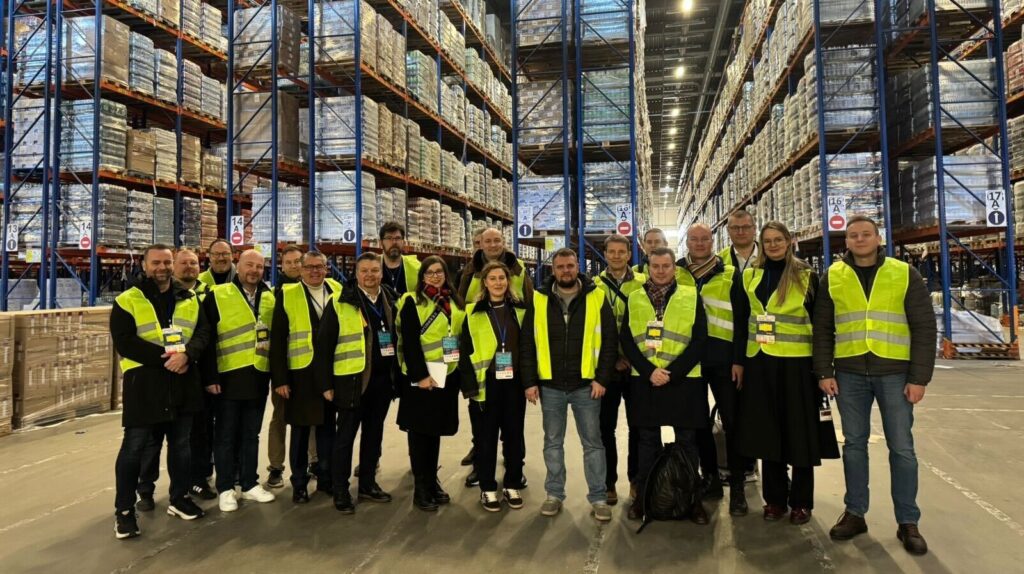For three years, our Frictions research has explored a fundamental question: how empowered do people feel to influence what matters to them and what is their sense of agency? This year’s findings are sobering. Agency – the sense of being able to act is eroding. Nearly half of Finns (49%) now report negative agency, up significantly from last year. Only 38% feel positive about their sense of agency.
Yet workplaces remain a bright spot. Most employees (60%) say they can act according to their values at work. Values are not just abstract ideals; they are the cornerstone of talent attraction and retention. But here lies the friction: only one in three feel they can make a meaningful impact on causes aligned with those values through their job. That gap represents untapped potential – especially as younger generations increasingly seek purpose beyond the pay cheque.






